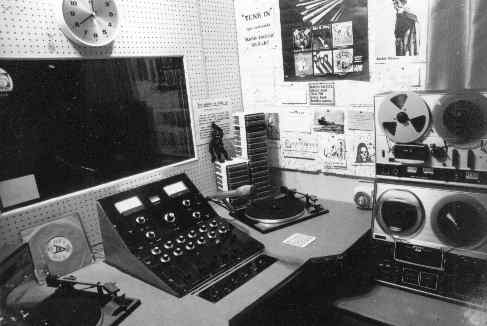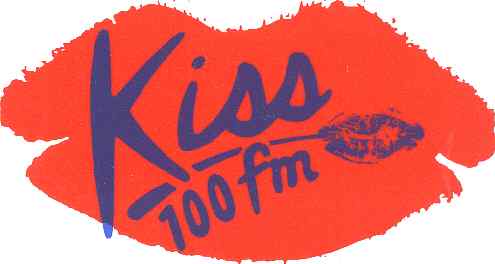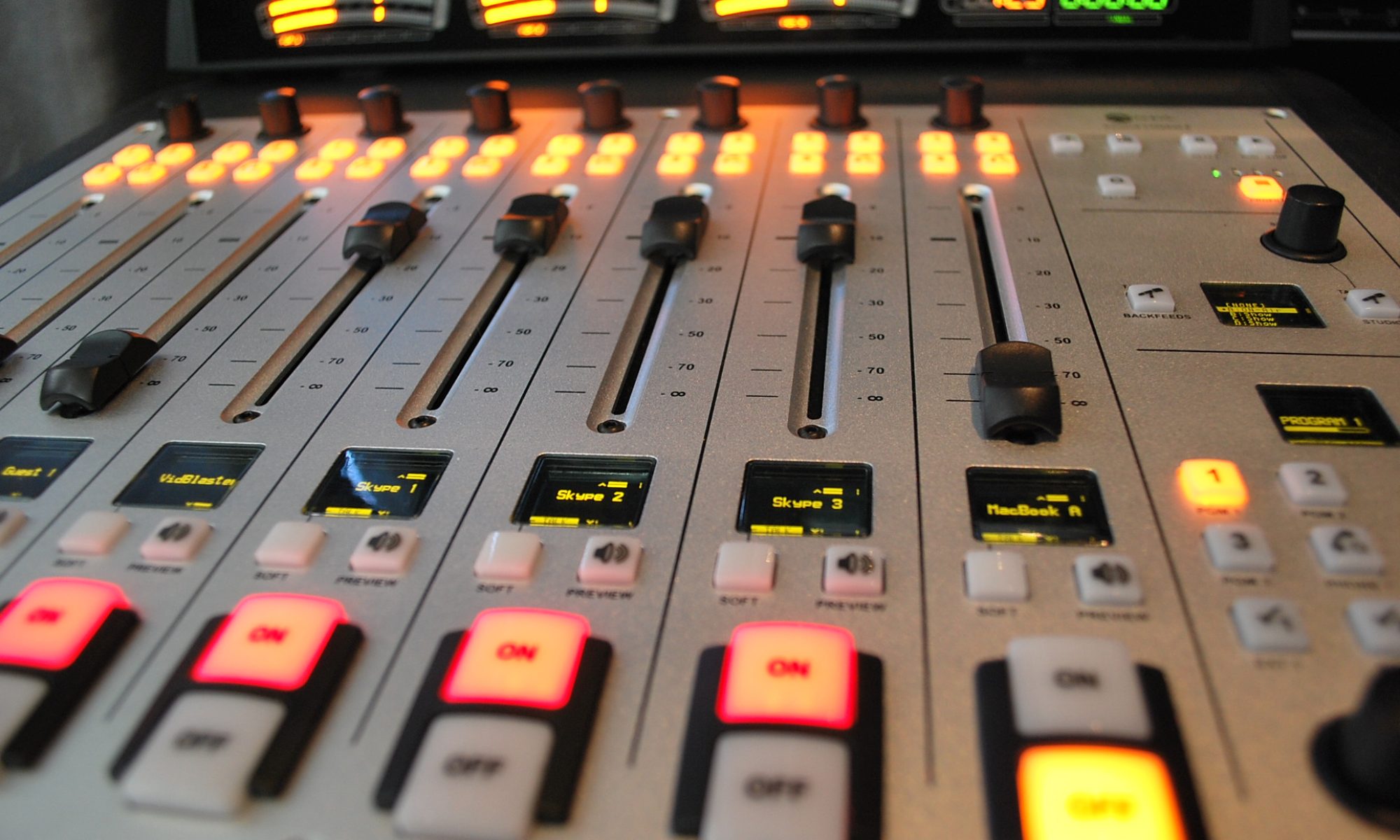You just needed a home-built radio transmitter, a nice big aerial, and lots of determination.
Landbased pirate stations established a foothold in the London area during the late ’70s, and filled a huge musical void. One of the originals was Radio Jackie, who campaigned vigorously for a licence to broadcast in their native south west London. Jackie was really a ‘community’ radio station, but did broadcast a fair amount of black dance music which hopefully reflected the tastes of it’s listenership in areas such as Battersea and Streatham.

Radio Jackie broadcast on medium wave, and all of it’s programming was pre-recorded, then transmitted from a ‘site’ – usually somewhere woodland, with a wire aerial strung up between trees, and a ‘rig’ (home made transmitter attached to a cassette player, and powered by car batteries).
The original radio champion of soul and jazz funk music was Radio Invicta – every Sunday from 12pm – 3pm. Invicta was quite innovative during the late ’70s, as it was not only the first pirate with a format of soul music (‘Soul Over London’), but it also used FM, rather than crackly AM.

The early ’80s saw the advent of landbased pirates, mostly broadcasting on Sundays, but eventually going 24-hours per day. It was normal for stations such as JFM, LWR, and Horizon to be based at studios in in the Crystal Palace area (one of the highest points in London) and transmit on frequencies in the less-crowded upper part of the FM band – around 102 to 103 MHz.
The mid to late 1980s saw the boom in pirate radio activity continue, especially in London. Stations like Solar, Starpoint, Centre Force, and Kiss (later to gain legal status) all broadcast on and off from various locations, and suffered numerous raids at the hands of the Home Office. They employed clever methods to avoid detection, such as having studios and transmitters located at two different sites, but connected by a high frequency microwave radio link.
It took until late 1989 for the UK to hear it’s first legal black music radio station – the now long-forgotten WNK (north London), which shared it’s low power transmitter with London Greek Radio, taking turns to broadcast for four hours at a time.
1n 1990 there followed Choice FM (south London), Jazz FM, and amidst much jubilation and fanfare, the biggest of them all at the time – Kiss 100 FM.



